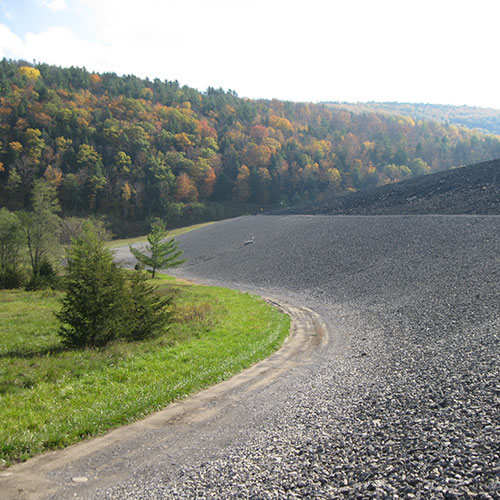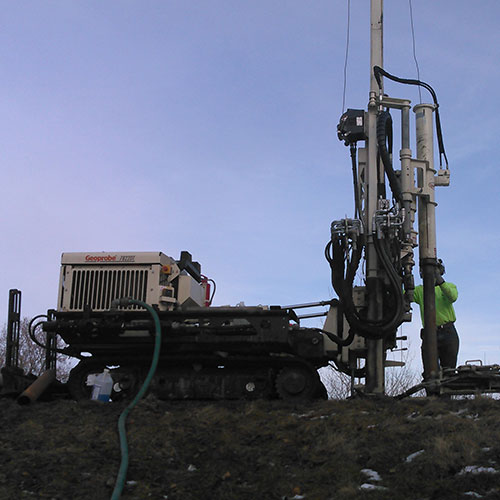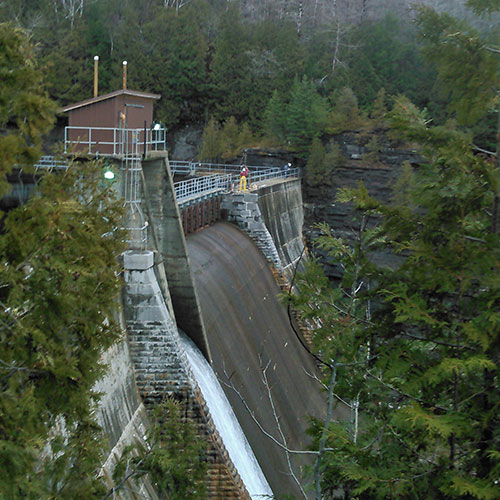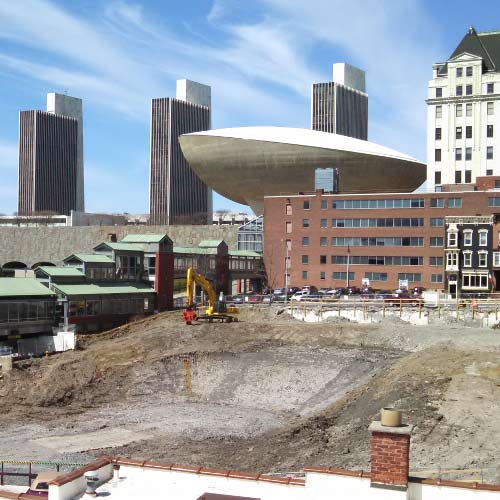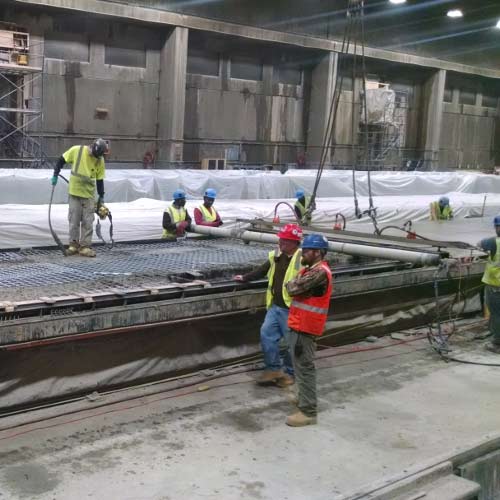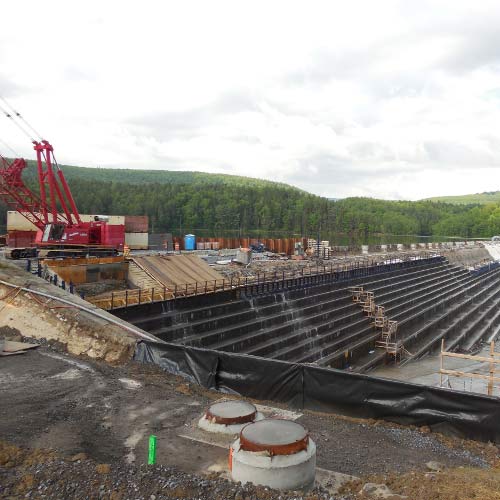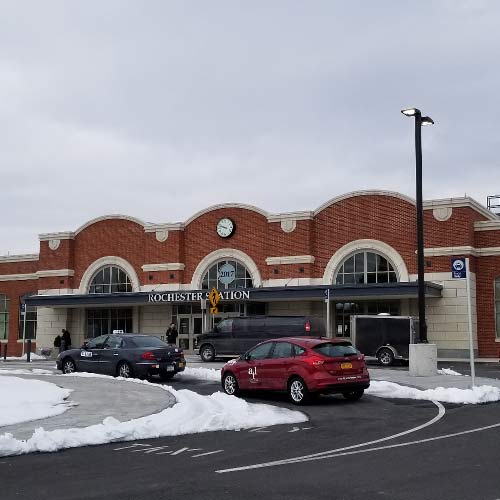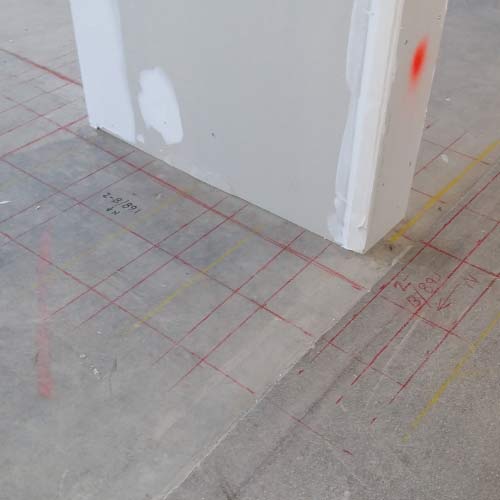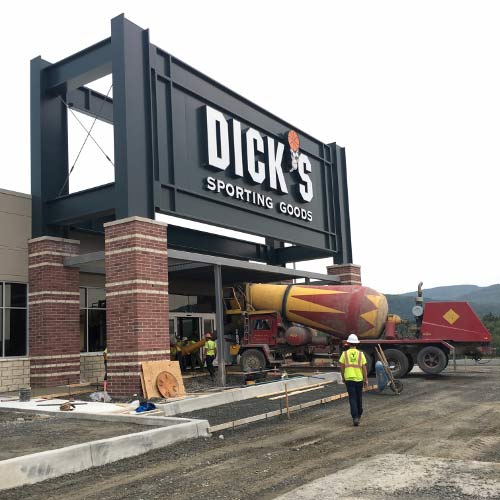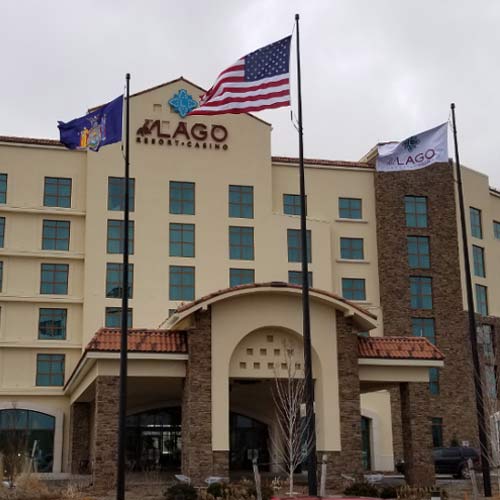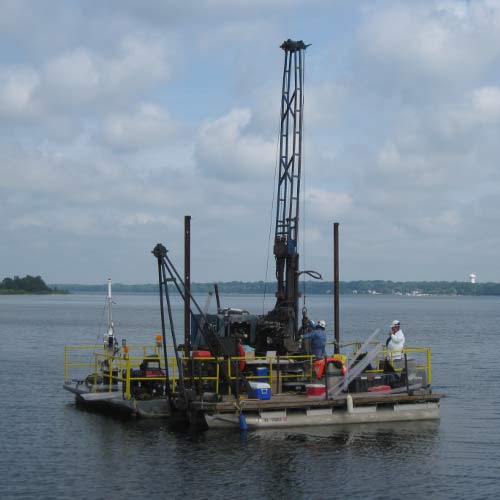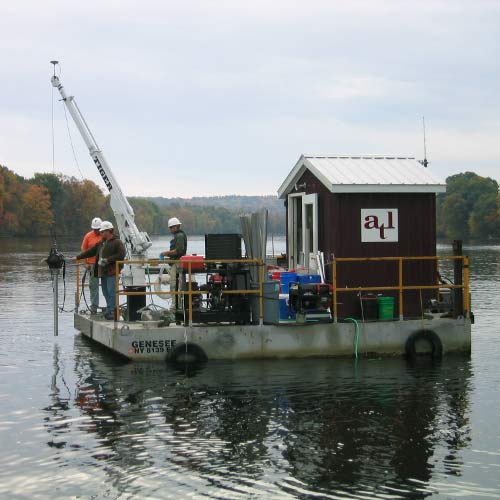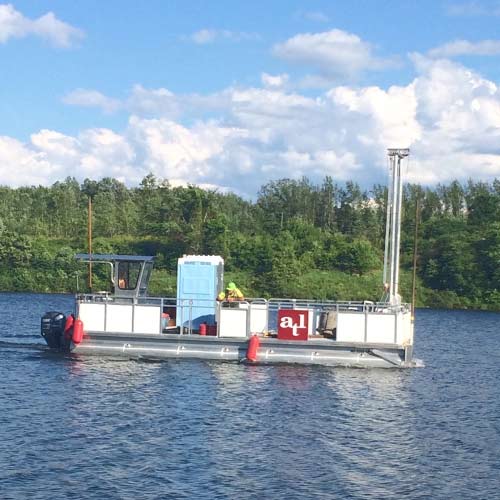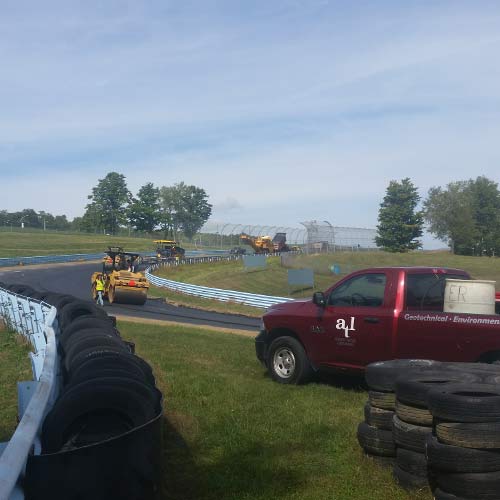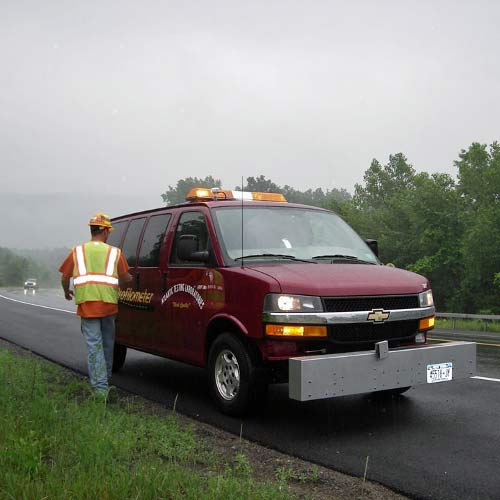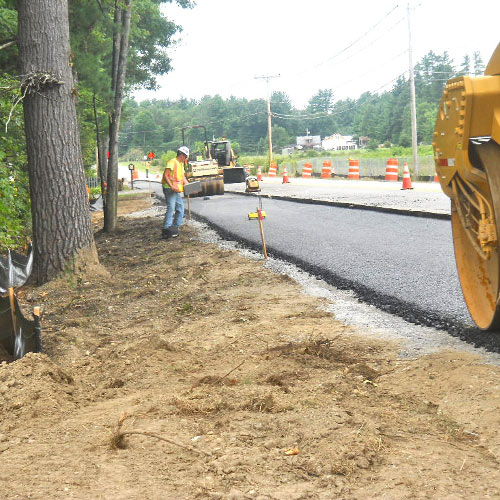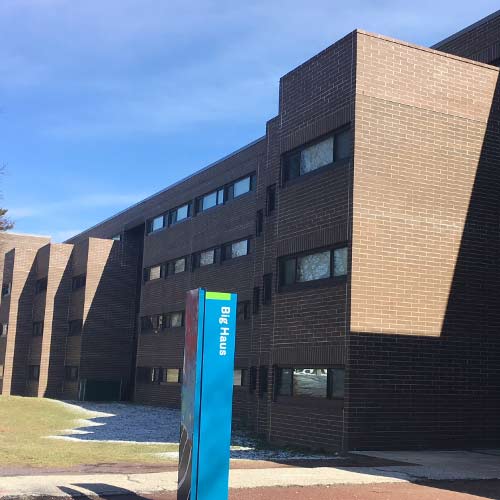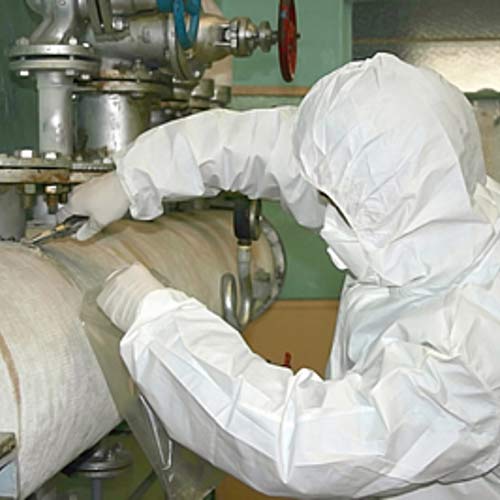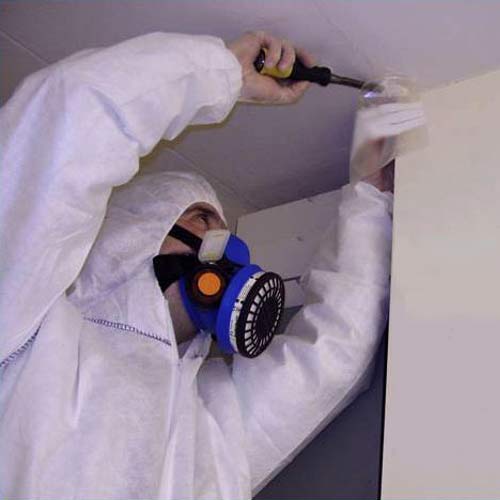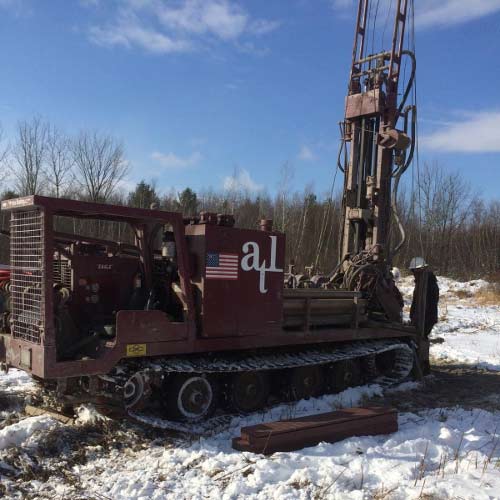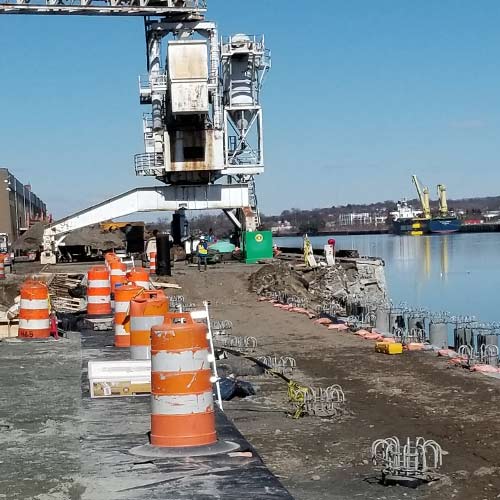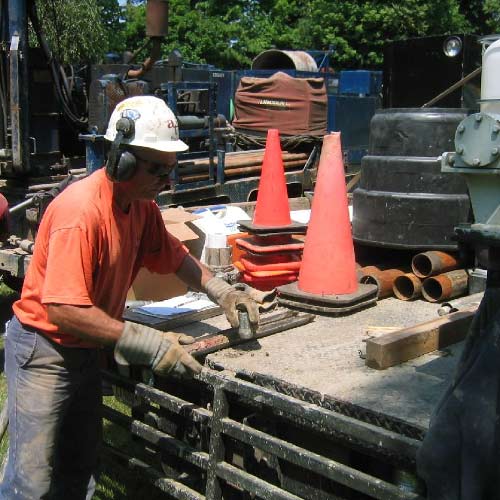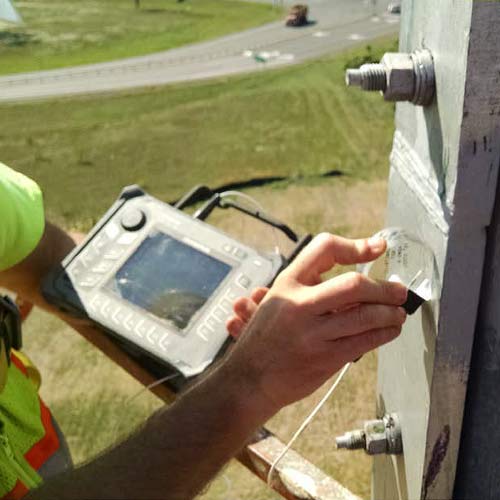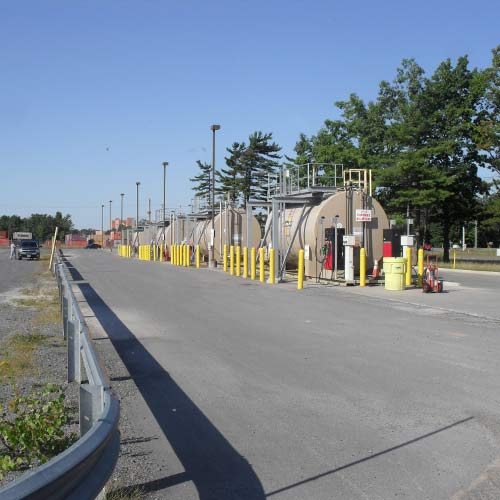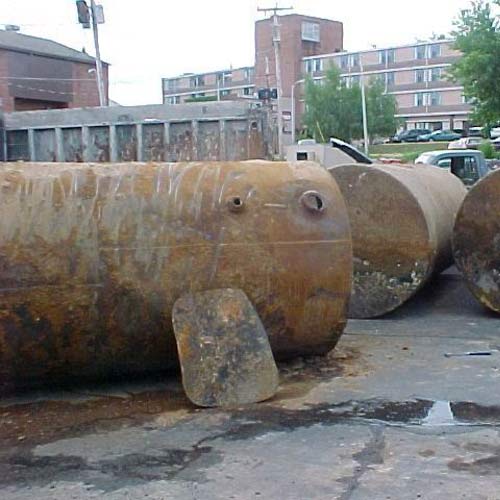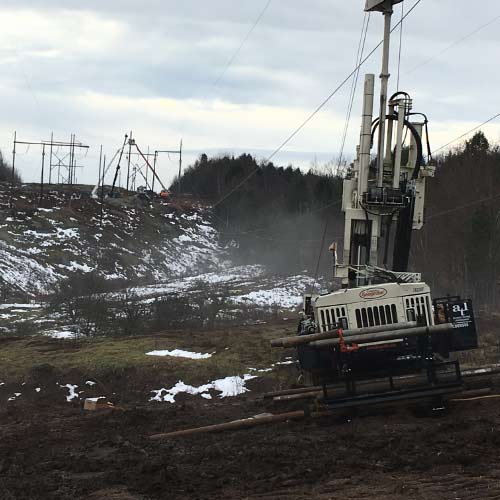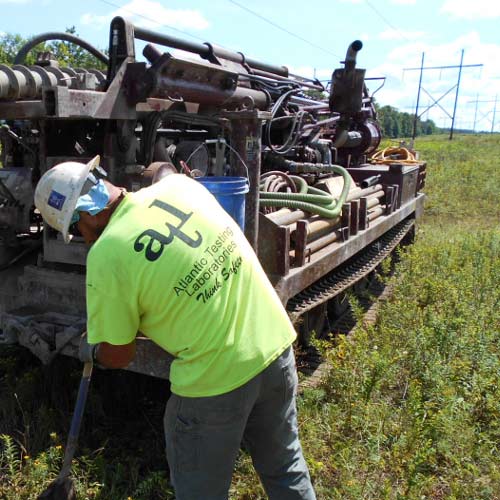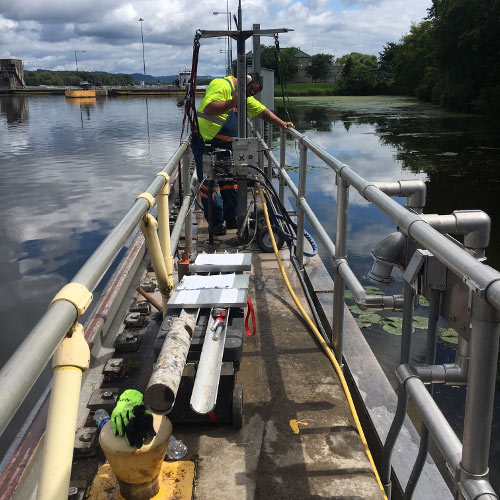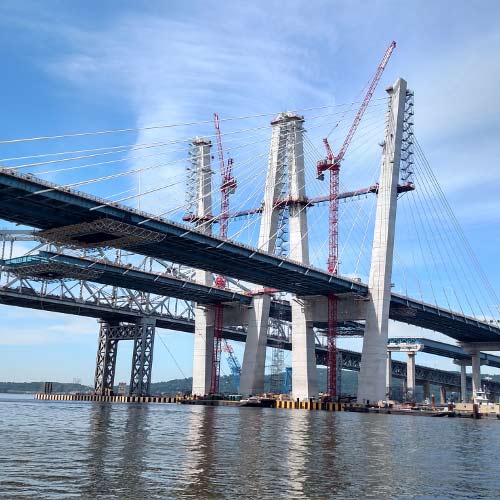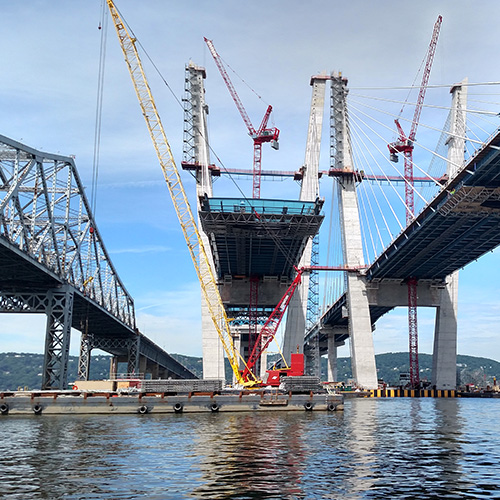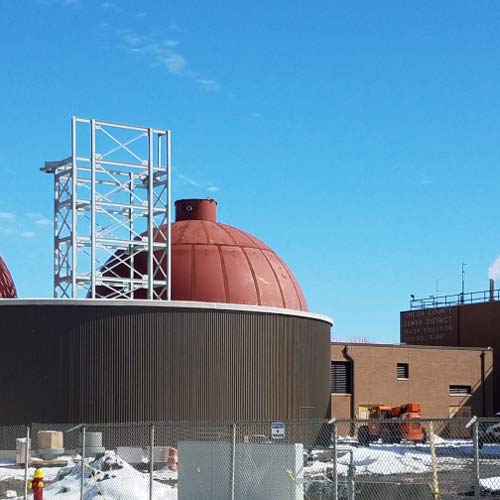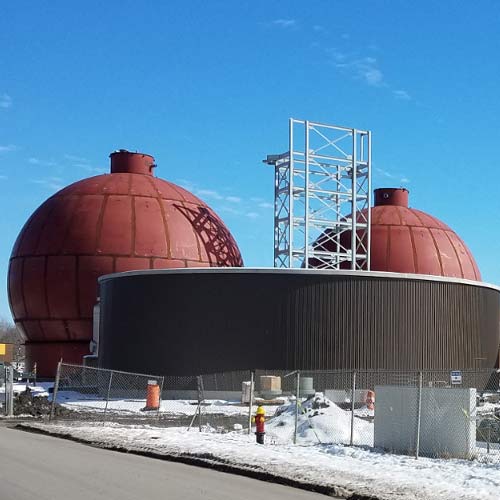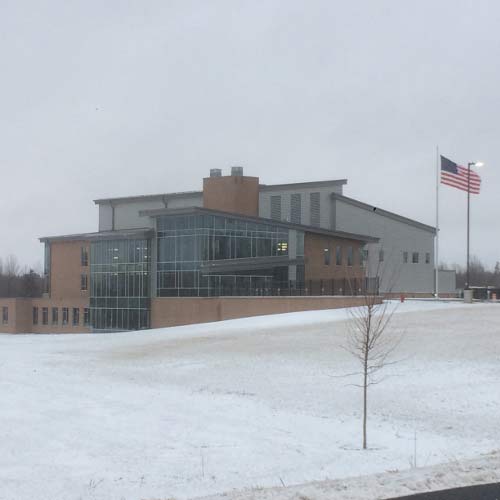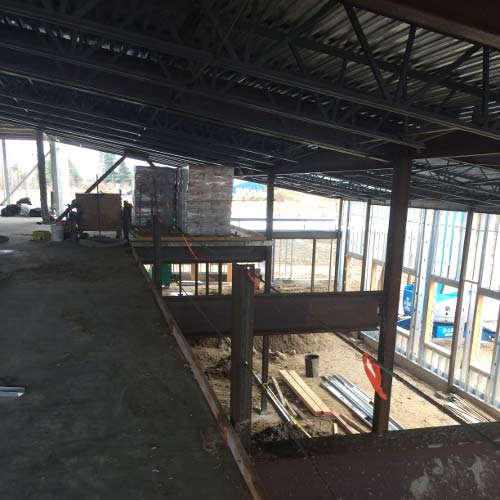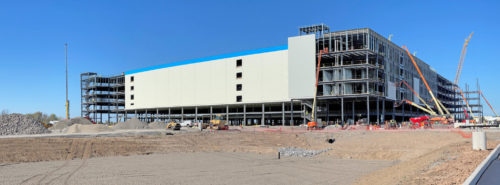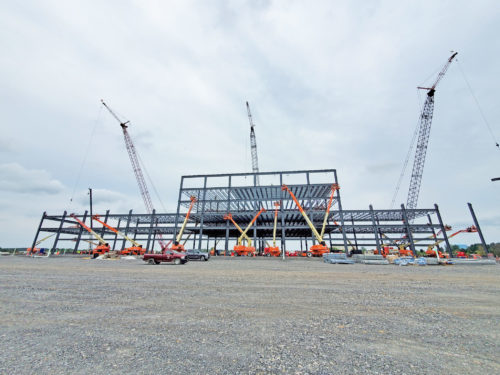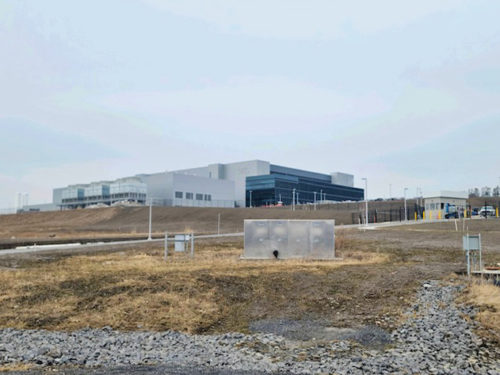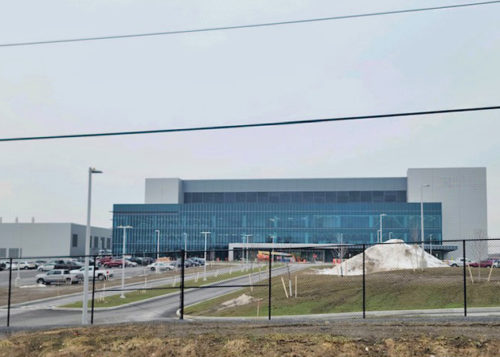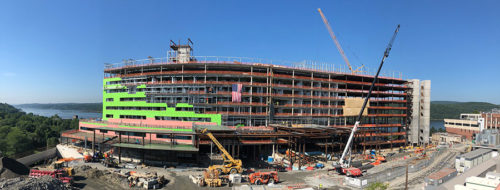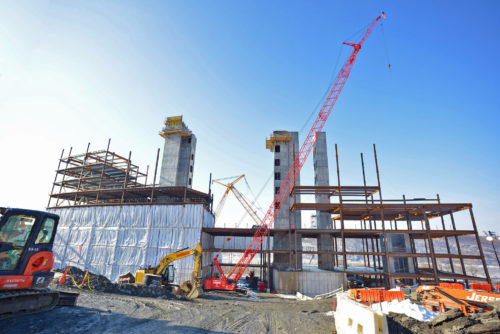Click the following link to view the PDF of this paper: Best Practices to Achieve Stabilization

Kasey J. Garrand, IG, CESSWI
Senior Project Manager
Atlantic Testing Laboratories
Achieving Final Stabilization is one of the parameters required for terminating construction general permit coverage for a project site; therefore, it is beneficial to properly manage erosion and sediment control practices throughout the duration of the project to protect exposed soils from erosional elements.
New York State Department of Environmental Conservation’s State Pollutant Discharge Elimination System (SPDES) program defines Final Stabilization as uniform, perennial vegetative cover with a density of 80% over the entire pervious surface of the project site following cessation of soil disturbing activities. Washed crushed stone, rock rip-rap, and permanent landscaping mulches also qualify as equivalent stabilization measures over disturbed soils. 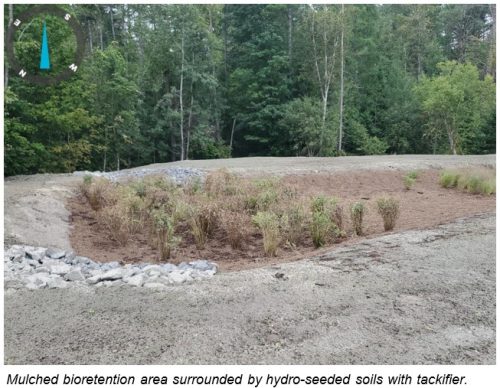
Stormwater Pollution Prevention Plans (SWPPP) typically provide recommendations for methods of seeding and mulching, irrigation, seed type, soil decompaction, timing of applications, topsoil chemistry, and a variety of other factors. Adhering to the project SWPPP and the recommended phasing and sequencing plans will help prevent erosion and optimize vegetation growth.
Applying temporary stabilization measures during the early stages of a project (time of year dependent) will protect disturbed areas against erosion caused by wind and rain, allow soil to maintain moisture, and promote early vegetation growth to minimize overall disturbance. These efforts will help to achieve final stabilization.
If you have a project that includes a Construction General Permit for Stormwater Management, ATL has qualified inspectors, working under the direct supervision of ATL’s licensed professional engineers, located throughout New York State to perform SWPPP inspections as dictated by your General Permit.
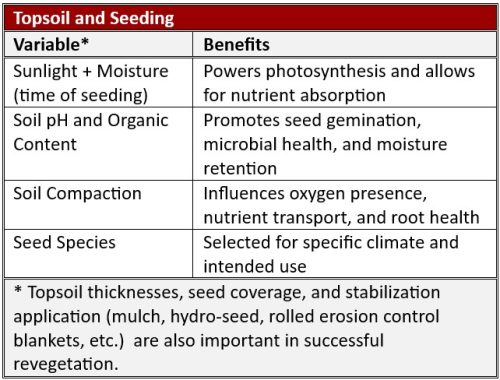
For more information, contact Kasey Garrand, IG, CESSWI, at 518-563-5878, info@atlantictesting.com, or visit AtlanticTesting.com.

ASSOCIATED SERVICES
Construction Material Engineering Testing

